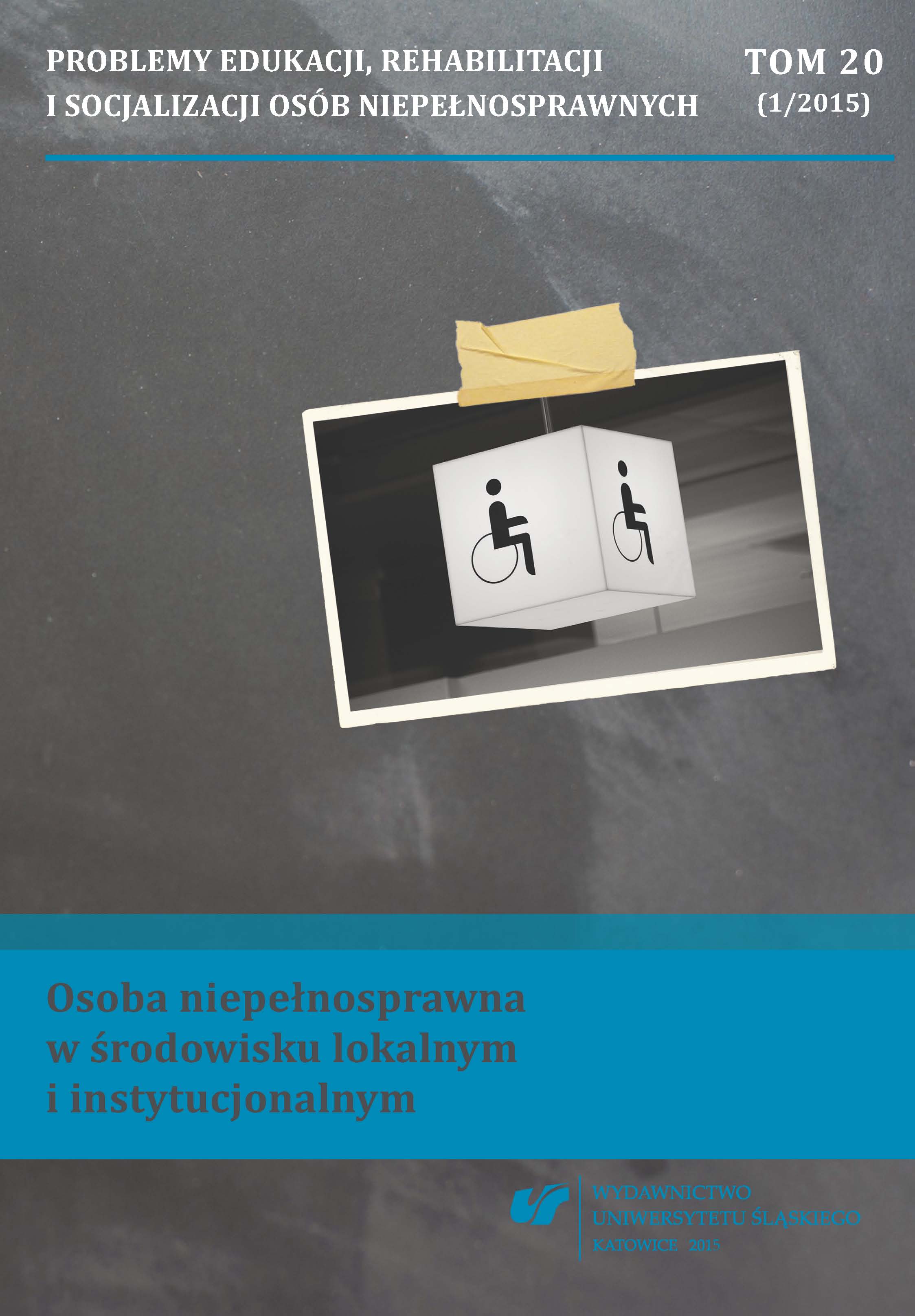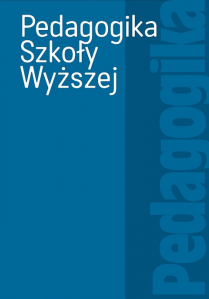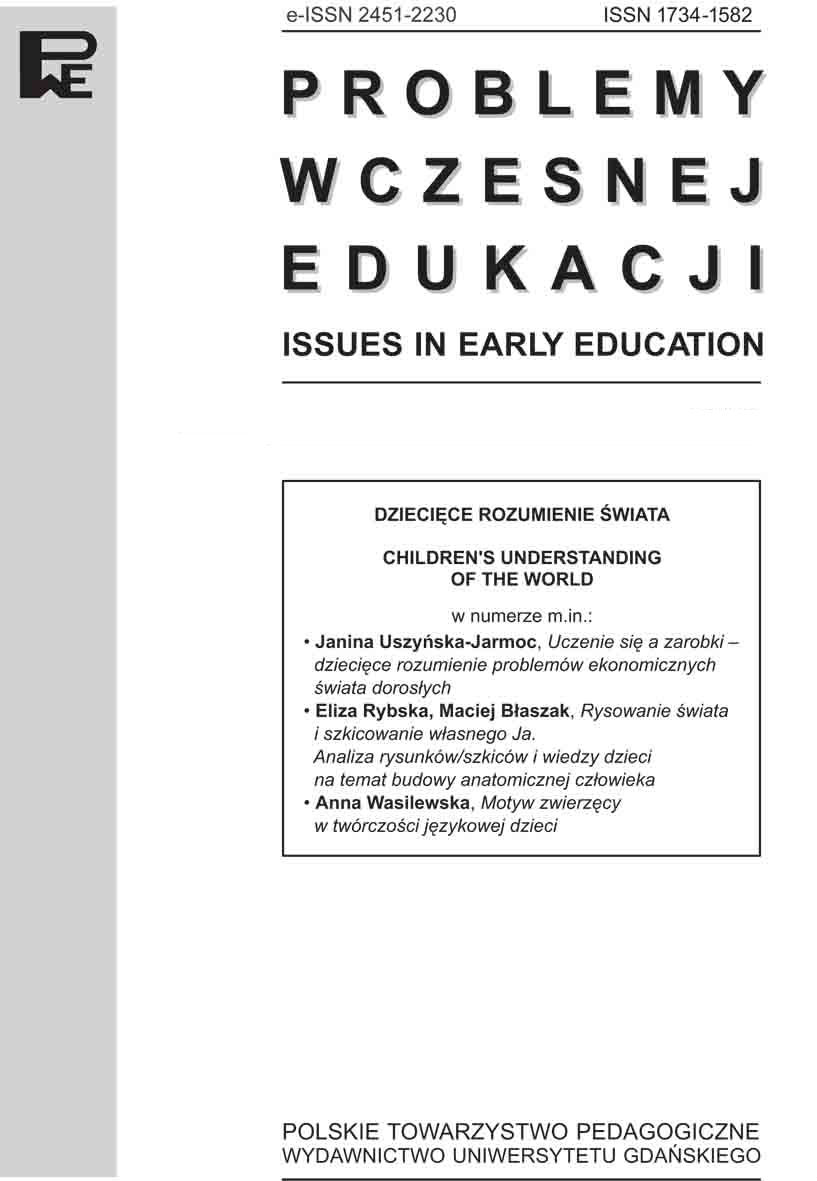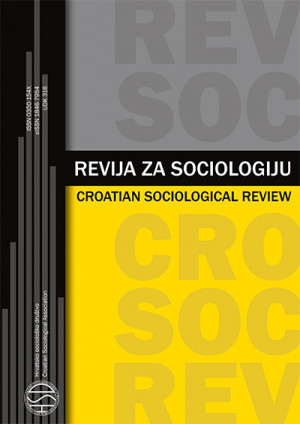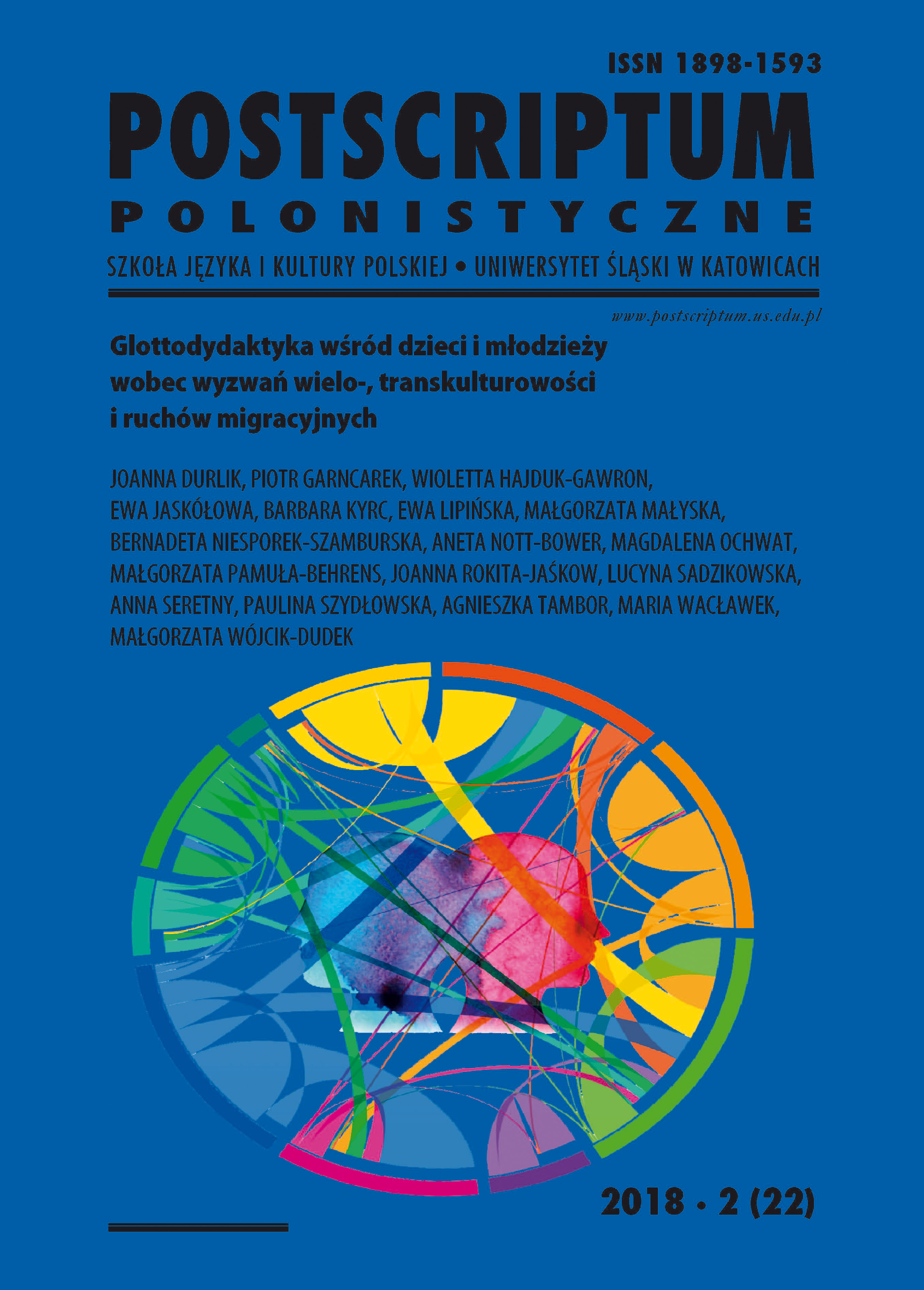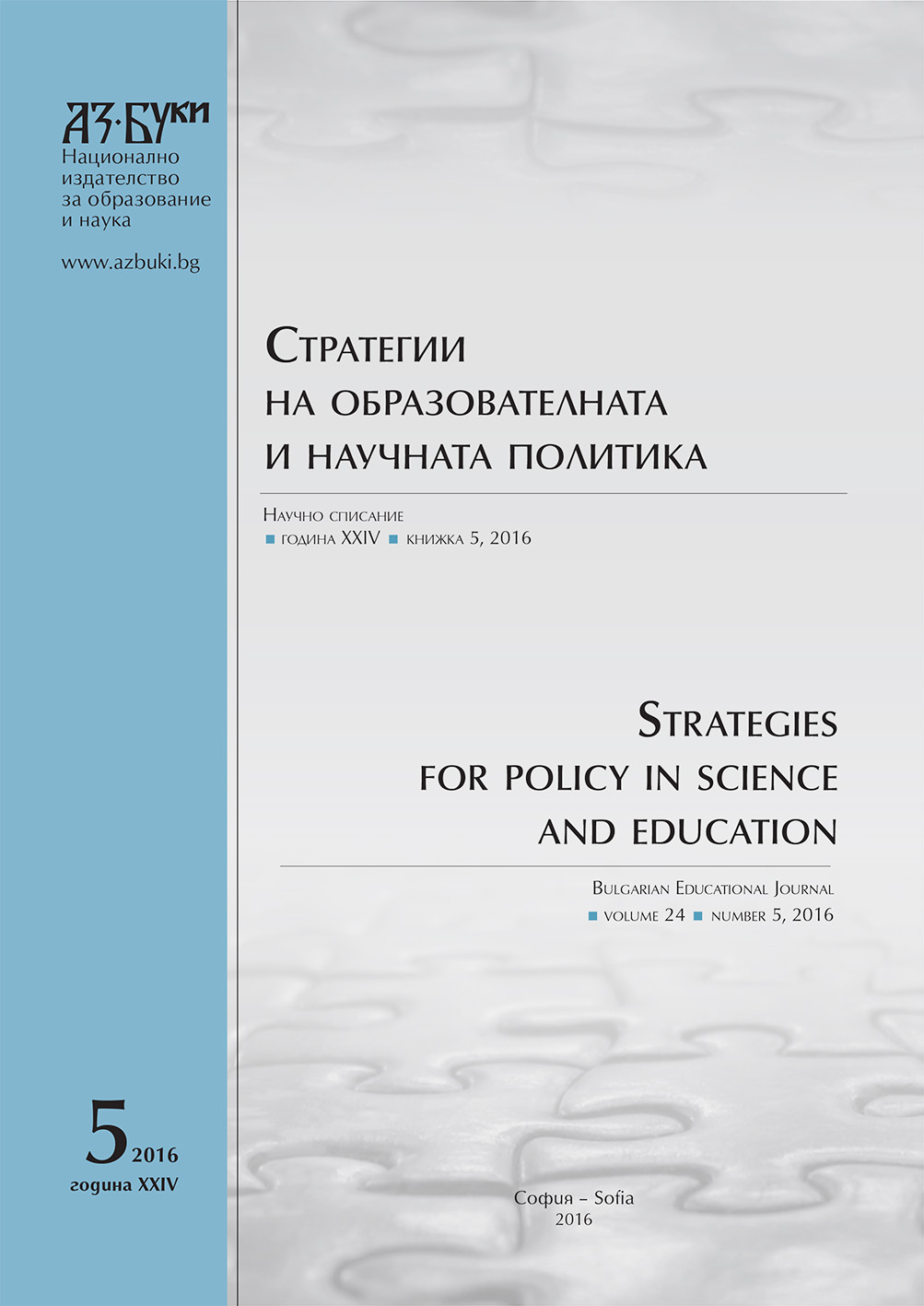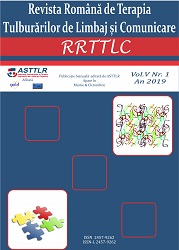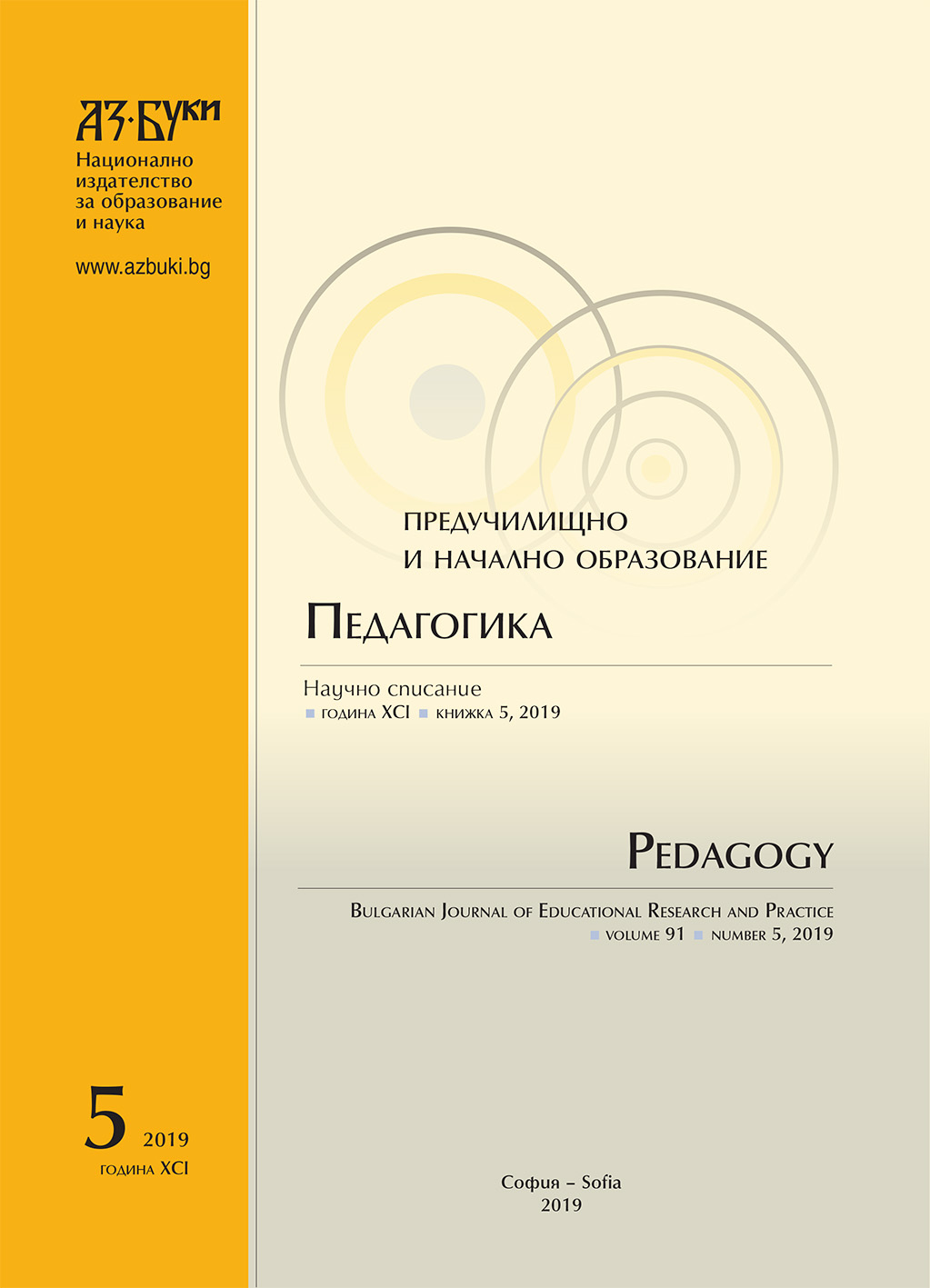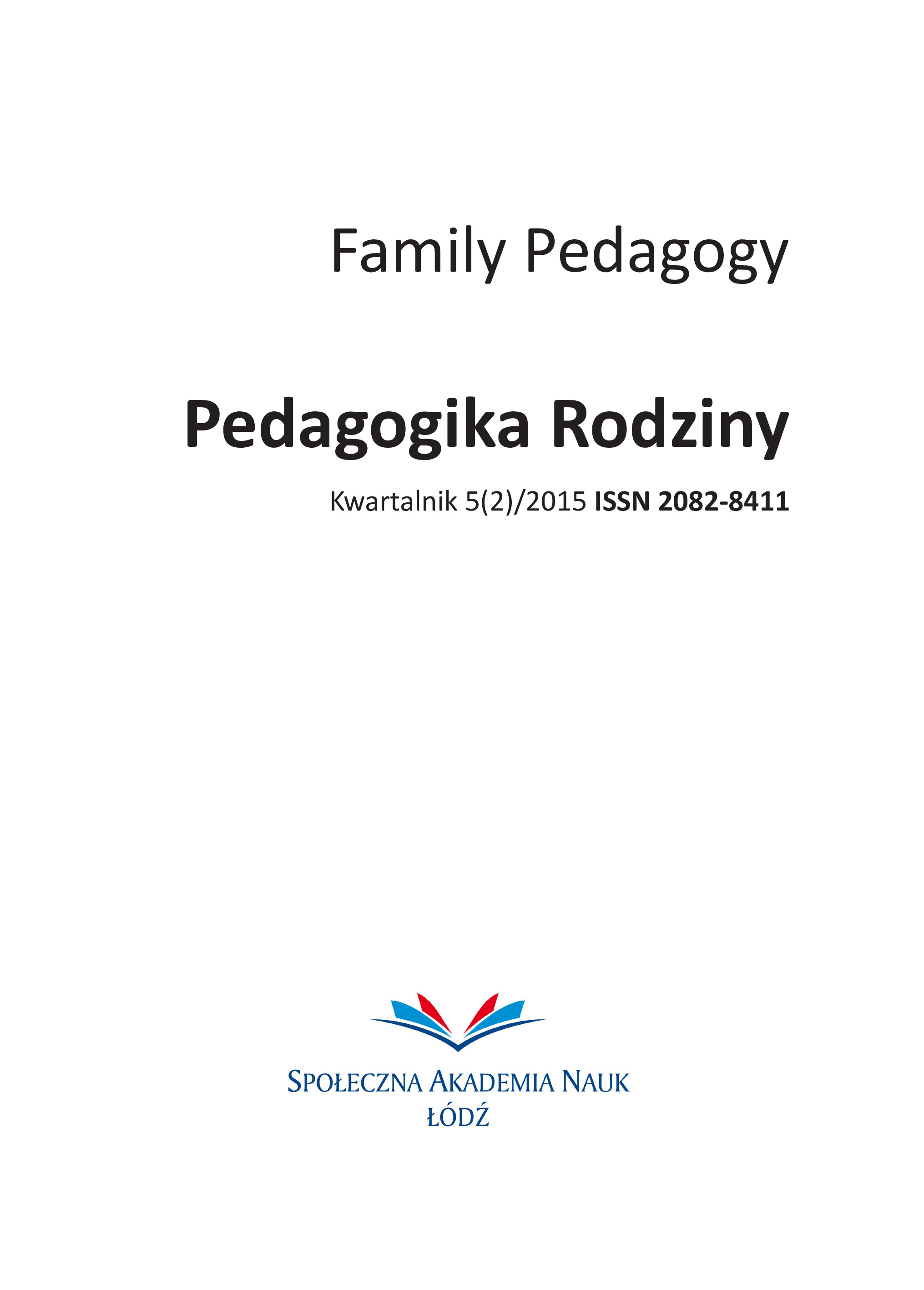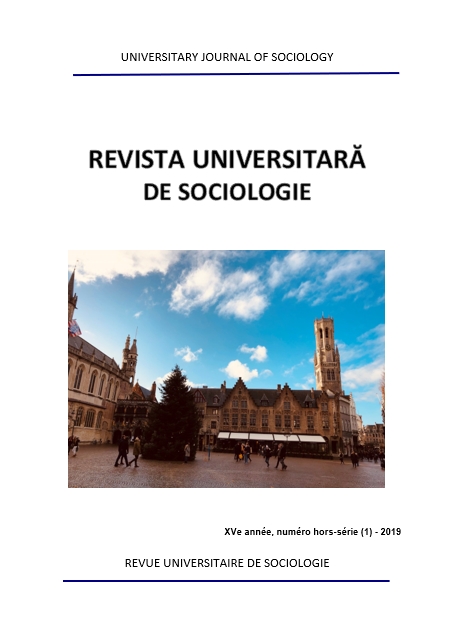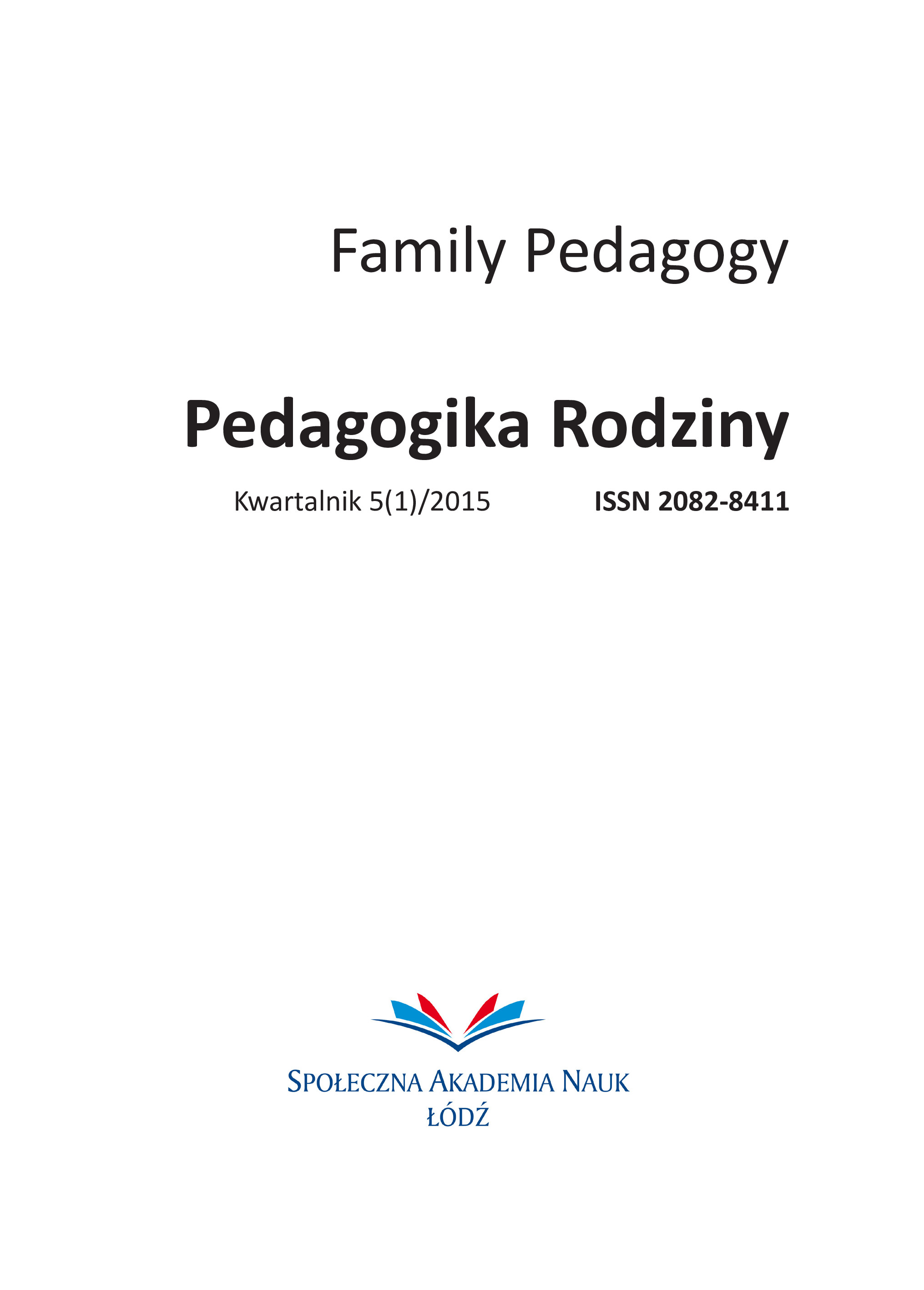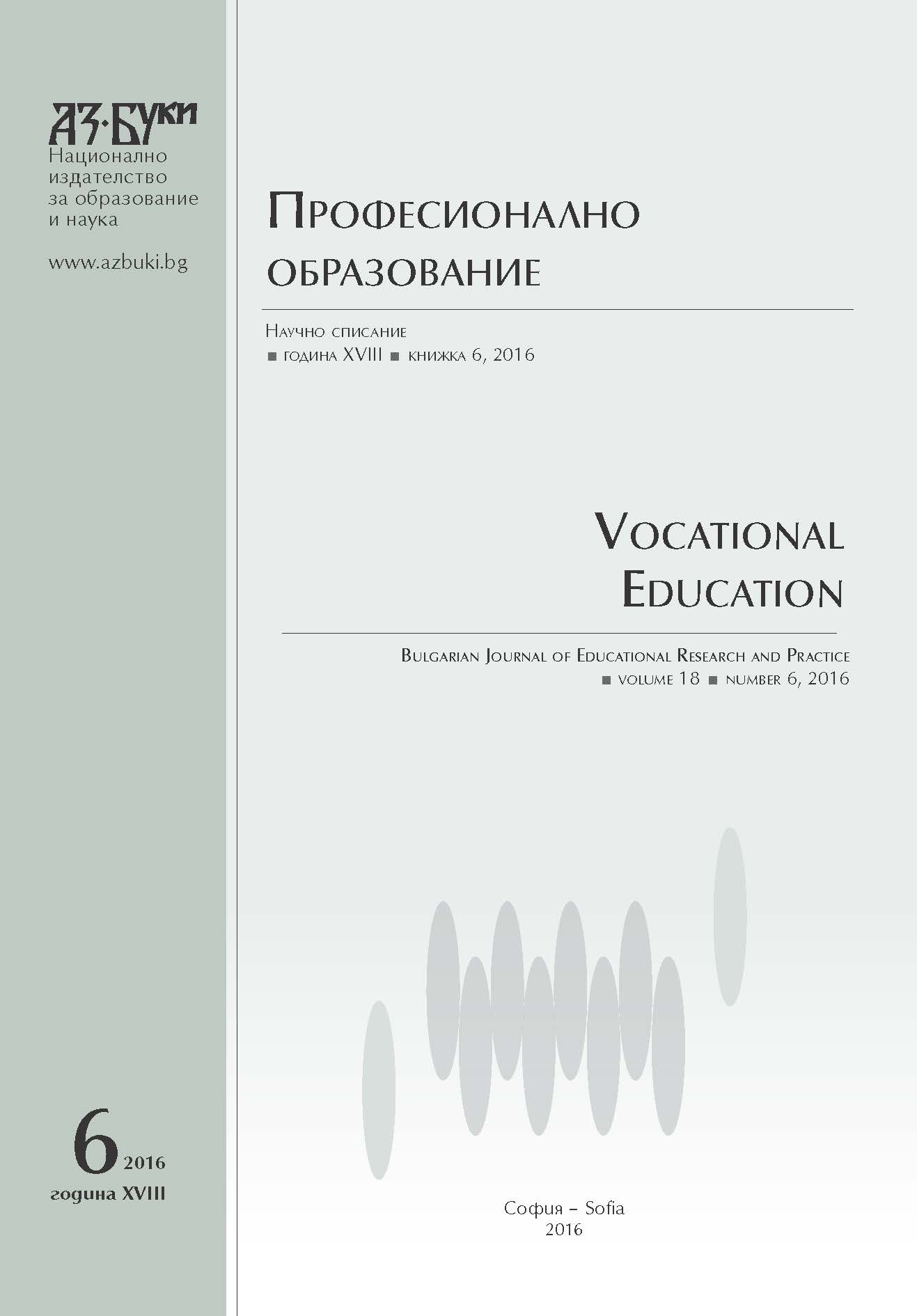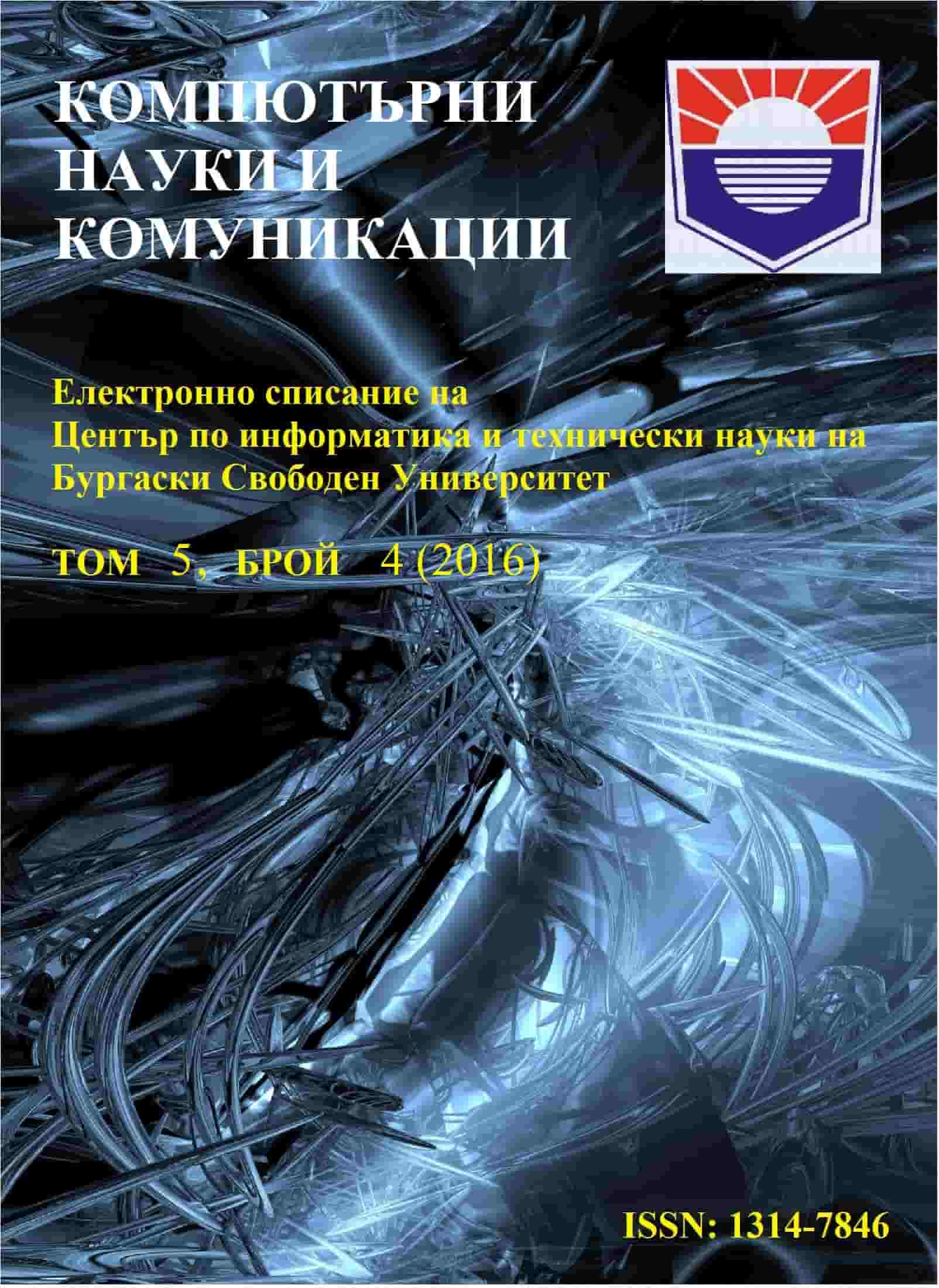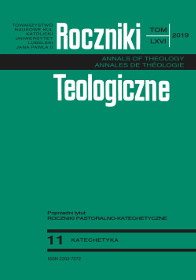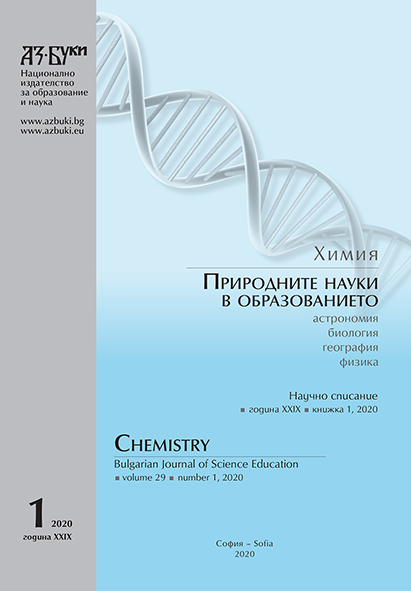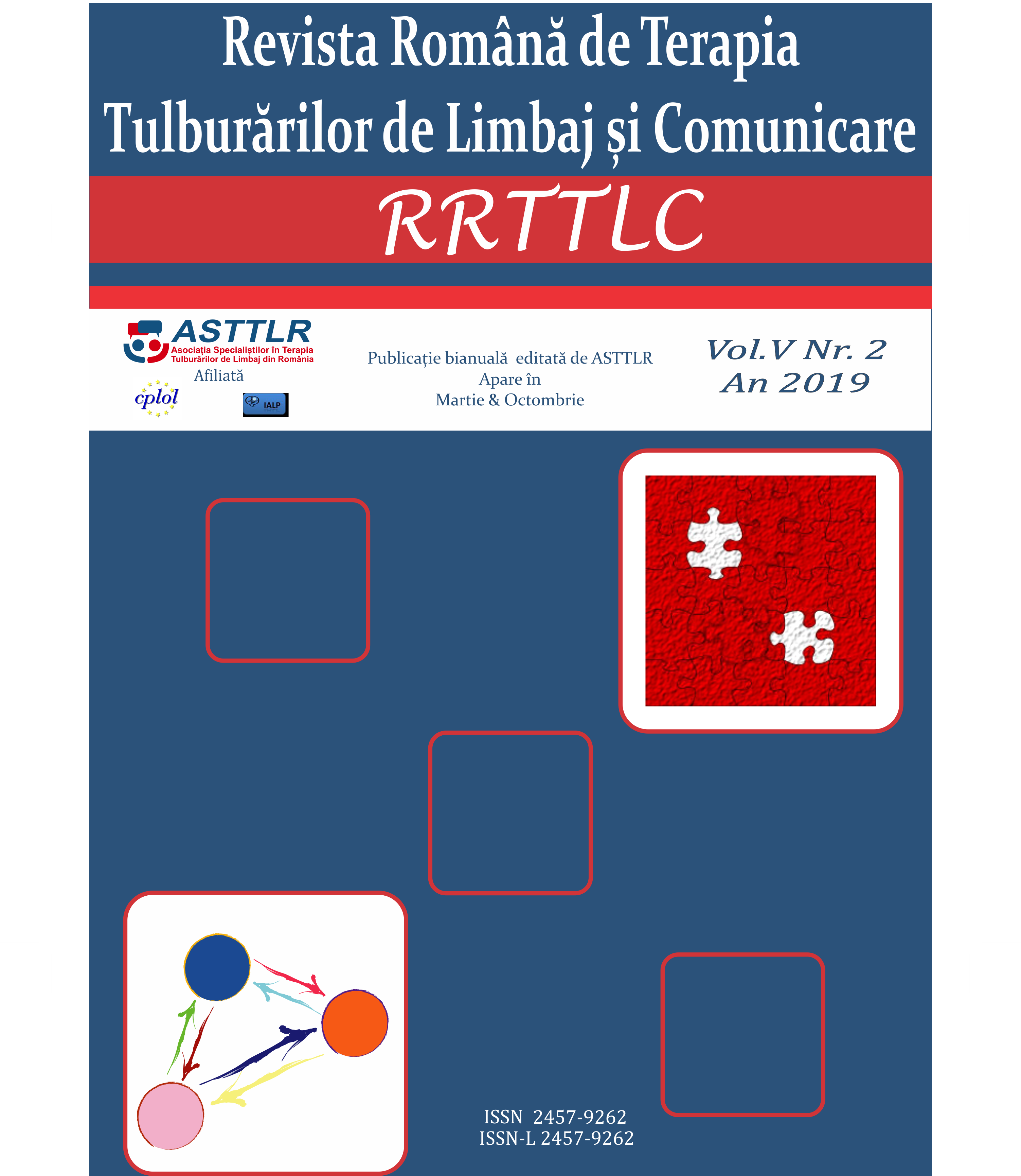Author(s): Maria Cosmina Cucerzan / Language(s): English,Romanian
Issue: 2/2019
Difficulties in articulation of sounds are common in speech and language therapy field. Their therapeutic approaches must be individualized The psycho-individual and age-specific features, as well as the characteristics of the type and degree of a certain disabilities, make speech therapy a unique, original, specific process.Through the present research we wanted to highlight the uniqueness of the speech therapy sessions, as we follow the classic approach, we can give a specific note to the activities carried out by innovative methods, techniques and means of teaching applied to a distinct category of pupils, those with intellectual disabilities.The research methodology include the purpose, objectives, research hypotheses, the research approach and the description of the group of participants, emphasizing the description and the usefulness of the " Paşi prin lumea sunetelor " application both as an assessment and as an intervention too The accurate identification of psycho- motricity difficulties with consequences on the language at children with intellectual disabilities integrated in compulsory general education is an important aspect which the entire process of integration depends on. It is a complex process which requires the usage of a whole set of probes which include the level of early – learning of the language and which can contribute at the creation of a whole complex portrait, with links to the psycho – motricity and communication abilities of the child, but also to the establishing of the objectives in what concerns the correction and the development of these abilities. In the first part of the article theoretical topics regarding psychomotricity, language, intellectual disability and the integration into compulsory general education of children with intellectual disability are studied , and in the second part the scientific research is presented after going through three stages: the discovery stage in which we put into practice methods with the purpose of of knowing the individual level of psycho motricity and the level of language development (four students presenting psycho motricity and language difficulties were selected ) the experimental stage which was concerned with the development of case – studies and individual action ( the process of the action was structured as a complex therapy of action, but also as some therapy – learning activities, each instrument being put into practice on every part of language regarding the development of child ‘ s abilities in the next areas: psycho motricity, language and communication, knowledge, socialization ) ; final which consisted of going again through the evaluation tasks which were applied in the discovery stage in order to underline the involvement of psycho motricity on the language and so, checking the research hypothesis.
More...
